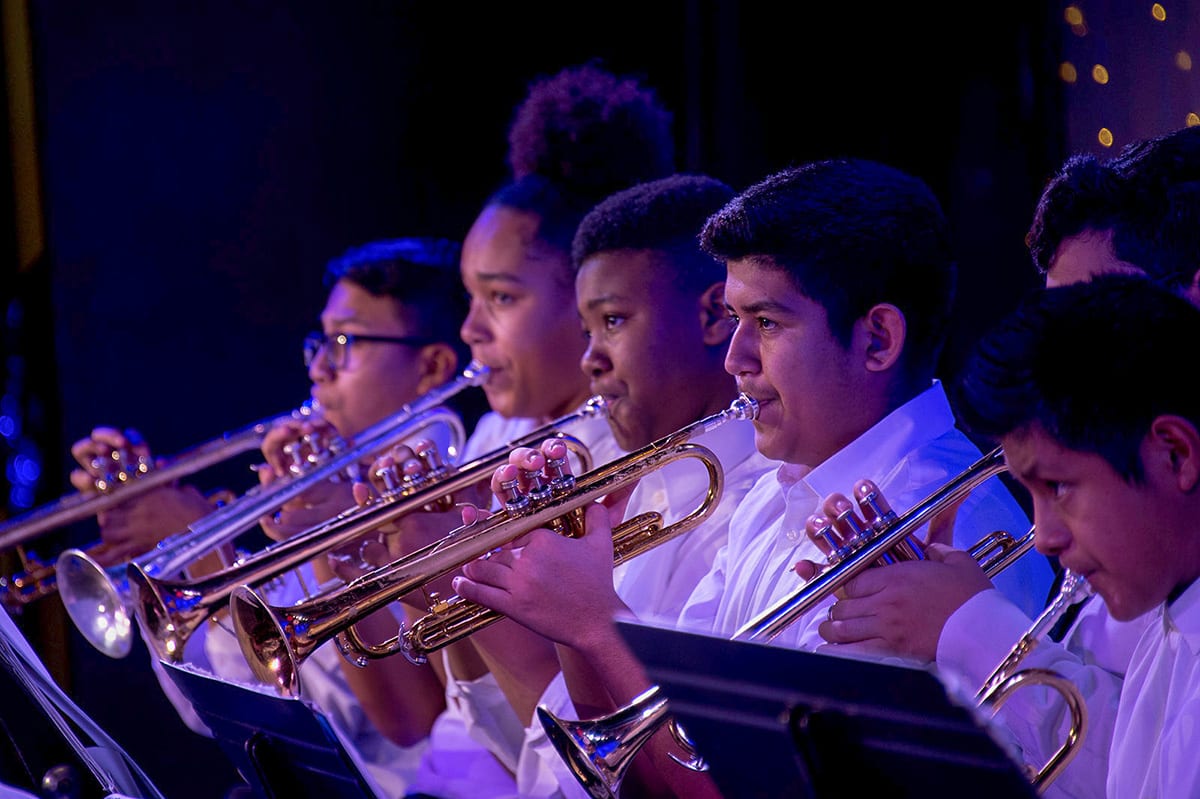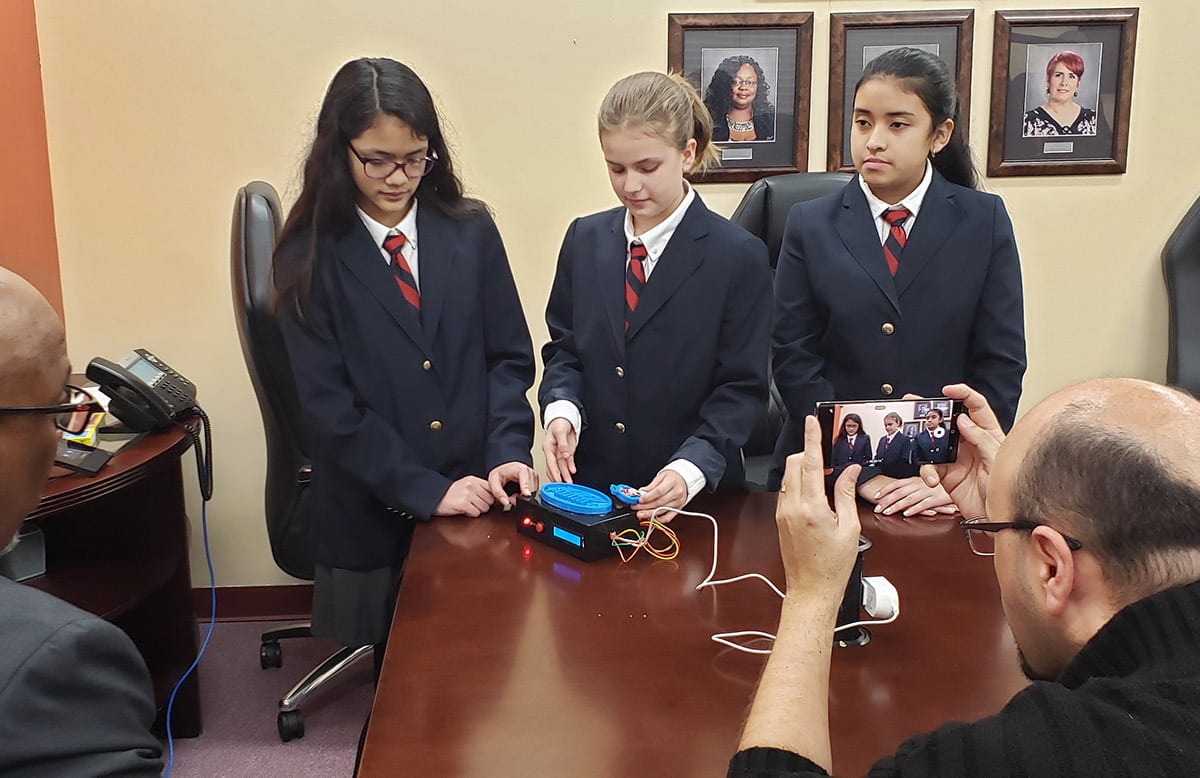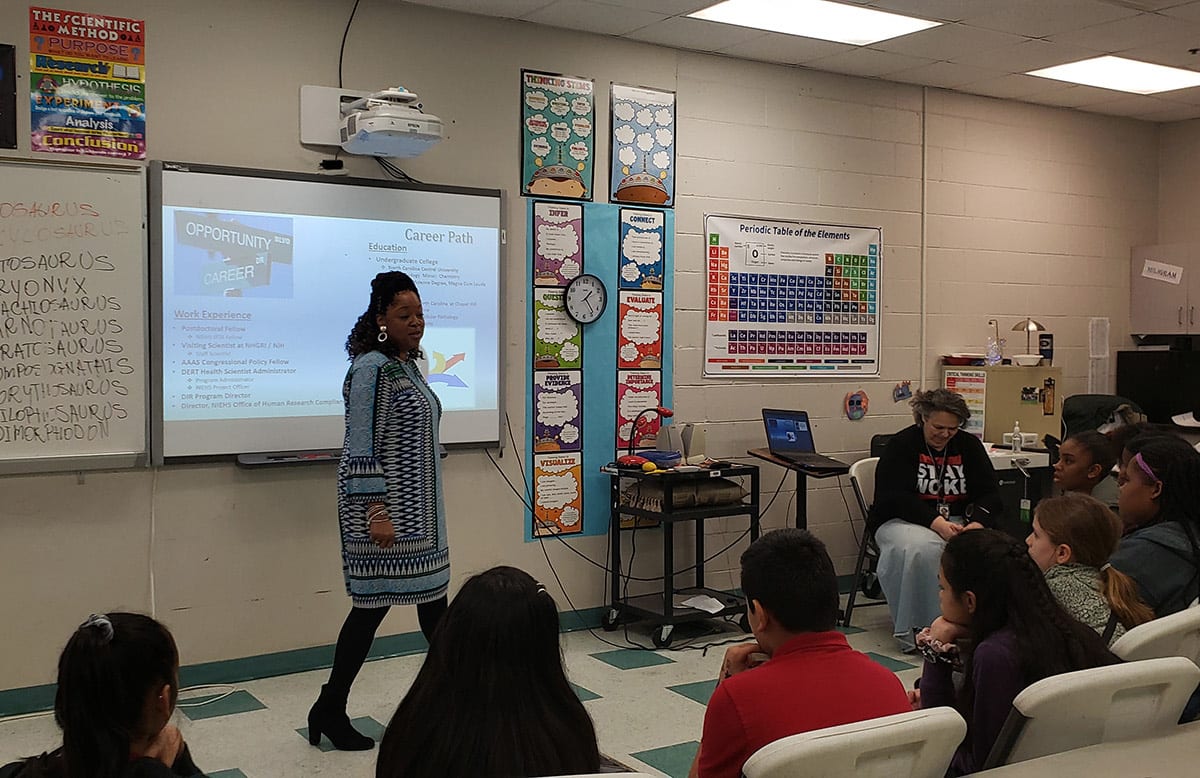Traditionally, families had few choices on where to educate their children. They could choose local public schools or pay for private schools, but many families could not afford them. Today, parents have many options for providing their children with high-quality education, including the following:
- Charter school
- Public school
- Private school
- Homeschooling
- Online schools
- Vocational schools

What Makes Charter Schools Different From Public Schools?
Charter schools have much more flexibility and less bureaucracy than public school districts. Consequently, charter schools can pour more energy into supporting academic standards and opportunities for student growth. Many charter schools specialize in a particular area of interest such as science & technology, music, or art. This is particularly valuable for students in high school who already have aspirations for their adult years.

Charter schools are tuition-free and receive public money, bridging the gap between public and private school options. Any group of people can apply for permission to build their own school. Additionally, charter schools receive waivers in exchange for proven academic results. Officials monitor the school’s academic performance every three to five years. If the school lags academically, it loses its charter, forcing a closure.
Why Do Parents Choose Charter Schools Over Public Schools or Private Schools?

Sallie B. Howard is a charter school that has long served grades K-8 in Wilson, North Carolina. The school has expanded to welcome ninth and tenth grades. SBH has a teaching staff that reflects the cultural diversity that makes America unique. Students receive their education in a state-of-the-art facility that gives them all the tools and support needed to thrive academically and experience personal growth.
Here are just a handful of reasons parents trust charter schools with their children’s education:
- Affordable option to private schools. Charter schools operate on public money, meaning there is no tuition to pay.
- Ability to choose a school outside your district. In the past, parents had to send their kids to the nearest public school or move to a better school district. However, charter schools admit students from outside preset districts.
- Nondiscriminatory admission policies. Just like a public school, a charter school cannot discriminate based on religion, race, disability or gender. Charter schools aim for diversity in the makeup of their student body. However, there are limited spots available, and many charter schools adopt an unbiased lottery system to select new students for open spots.
- Specialization. Many charter schools emphasize a certain area of education such as performing arts or science and technology. This allows students to take classes that align with their talents and interests, resulting in a more invested student body.
- Independence. Charter schools still must follow the same laws and requirements that govern education in their district. However, they have greater freedom when it comes to determining the curriculum and extracurricular activities available to students.
- Scholarships. Charter schools offer students monetary awards they can use for their higher education. These awards are typically based on performance, serving as a motivational factor for academic achievement.

Sallie B. Howard School offers children in Wilson the opportunity to thrive. The College and Career Readiness initiative ensures that graduates emerge from their high school years ready to excel in a two- or four-year college or to enter the workforce. Contact us today to find out more about the advantages of an SBH education for your child.



